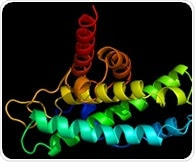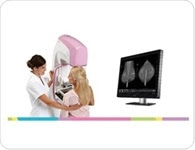| ||||||||||||||||||||||||||||||||||||||||||||||||||||||
| ||||||||||||||||||||||||||||||||||||||||||||||||||||||
| ||||||||||||||||||||||||||||||||||||||||||||||||||||||
| ||||||||||||||||||||||||||||||||||||||||||||||||||||||
| ||||||||||||||||||||||||||||||||||||||||||||||||||||||
| ||||||||||||||||||||||||||||||||||||||||||||||||||||||
lunes, 15 de enero de 2018
Health News and Information - News Medical | Breast Cancer - Jan 14, 2018 Edition
Health News and Information - News Medical
Suscribirse a:
Enviar comentarios (Atom)





































.png)











No hay comentarios:
Publicar un comentario